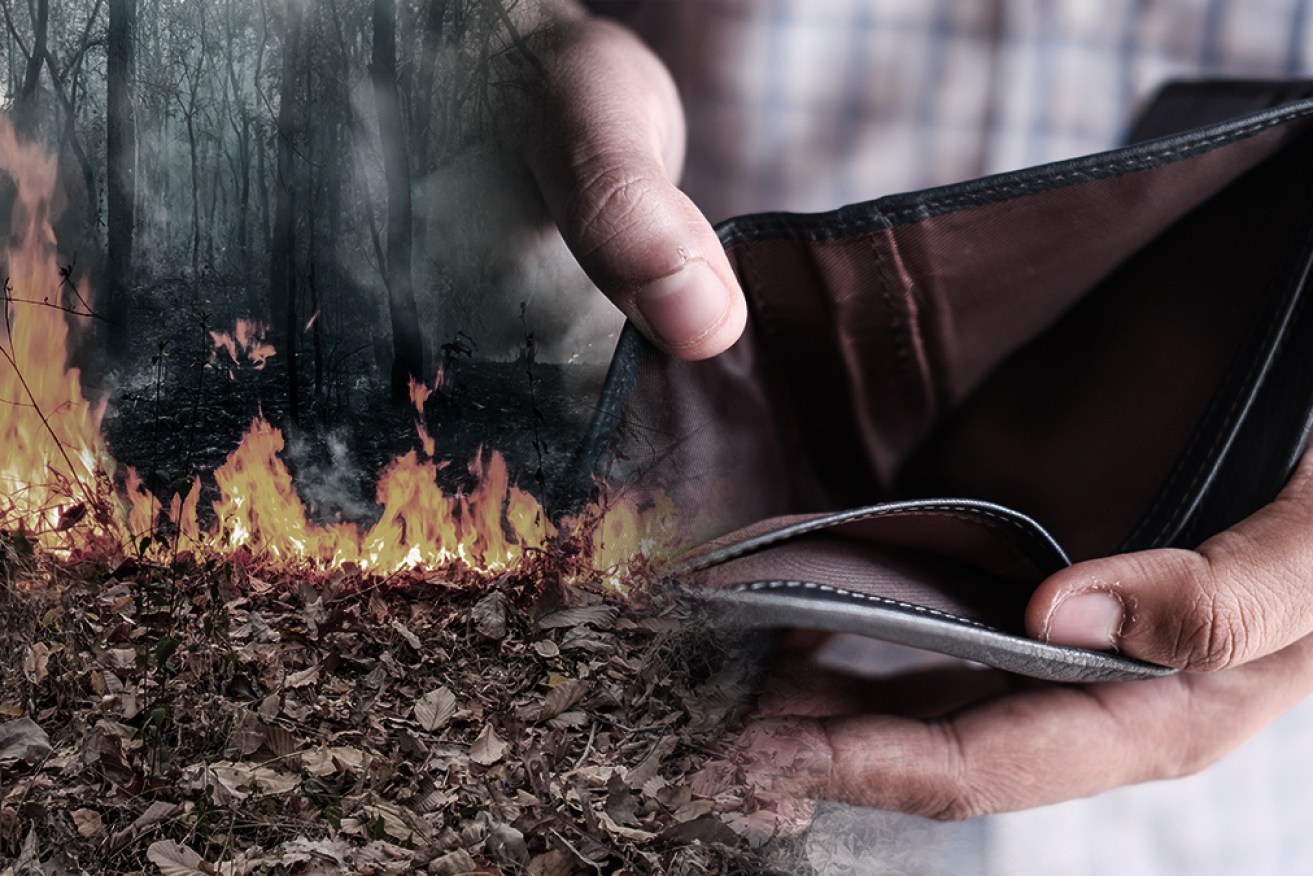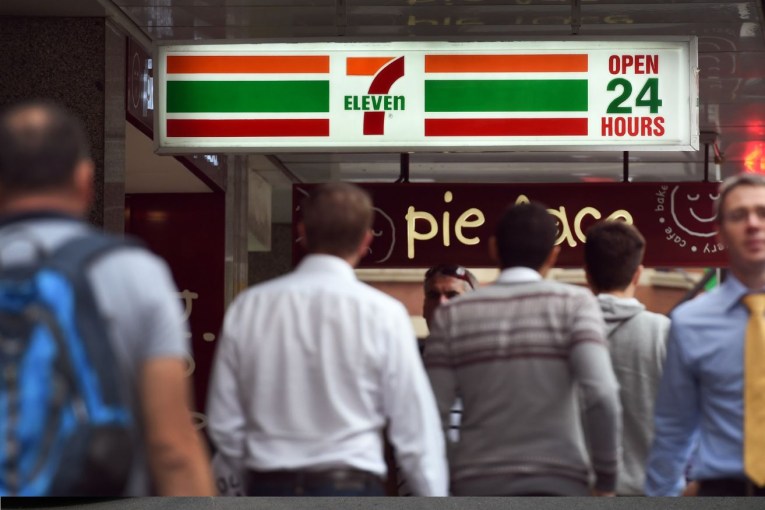Unprecedented bushfires knock consumer confidence for six


The bushfires have knocked consumer confidence for six – suggesting growth will remain sluggish for the foreseeable future. Photo: TND
Australia’s devastating bushfires have knocked consumer confidence to one of its lowest levels since the global financial crisis – supporting earlier claims the fires would have a lasting impact on the economy.
The Westpac-Melbourne Institute consumer sentiment index declined 1.8 per cent to 93.4 points in January – marking the fifth consecutive month the index came in below the neutral threshold of 100.
The sharp monthly fall was smaller than the drop (-5.4 per cent) experienced in the wake of 2011’s floods in Queensland.
But Westpac chief economist Bill Evans said this was partly because consumer confidence was much lower leading into the fires than it was before the floods, and partly because the survey was conducted during a week of widespread rain.
“If the survey had been conducted a few weeks earlier then the index is likely to have fallen by even more, notwithstanding the very low starting point,” Mr Evans said.
Since May 2009, there have only been seven monthly readings in which confidence has fallen below its current level, he added.
The weak consumer sentiment points to subdued household spending over the coming months, which spells bad news for a retail sector that’s already shed hundreds of jobs in the first few weeks of the year.
NAB chief economist Alan Oster predicts the next instalment of ABS retail figures, due out on February 6, will show turnover falling 0.1 per cent in December, after reporting a larger-than-expected jump of 0.9 per cent the month before.
While November’s jump marked the strongest monthly gain since November 2017, analysts suspected the jump was more a reflection of the growing popularity of the Black Friday sales than a sustained lift in consumer spending.
Shoppers had simply brought forward their spending, they argued.
NAB’s latest cashless sales data appears to confirm this argument. As does the latest consumer sentiment reading.
“Unemployment [is] set to edge higher, sluggish wage growth and elevated consumer debt continue to dampen consumer sentiment, despite interest rate cuts and higher house and share prices,” Mr Oster said.
“While it is unlikely that the fires were a major influence on the national December retail data, there may be much more substantial second-round impacts in January and February.”
The current bushfire season has already cost tourism operators $4.5 billion in lost revenue, according to the Australian Tourism Export Council (ATEC).
And Westpac has previously estimated the fires could cut Australia’s overall economic output by up to $10 billion (roughly 0.5 per cent of GDP).
The spiralling costs have prompted some economists to predict the Coalition will use the bushfires as a get-out-of-jail-free card – an excuse to abandon its budget surplus and pump stimulus into an ailing economy, without looking like it was succumbing to political pressure.









